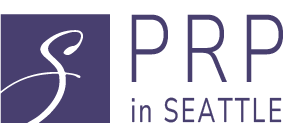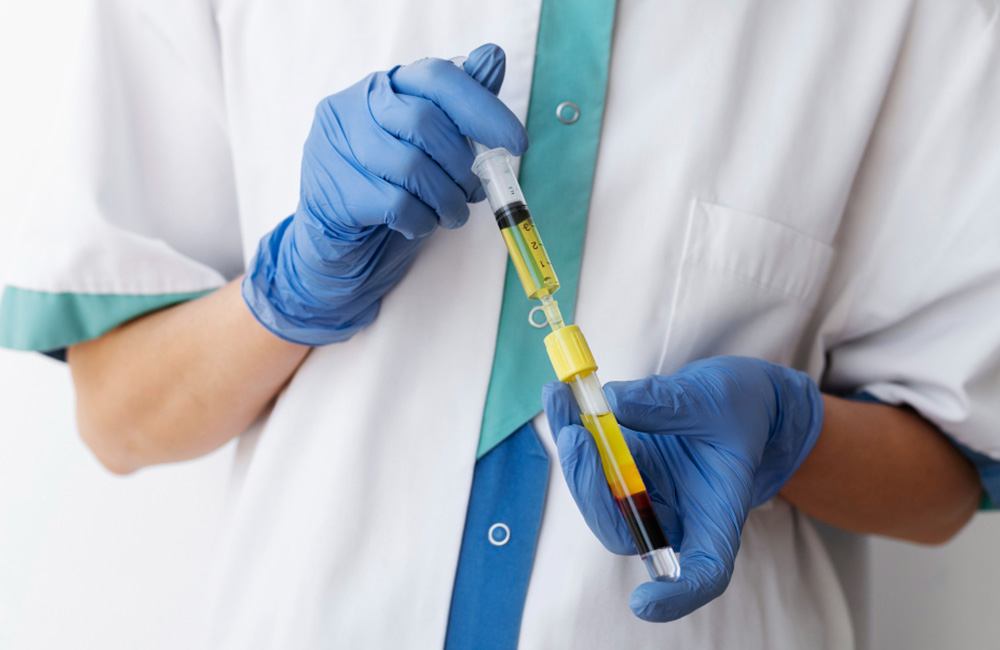Most people are seeking natural treatments for cosmetic and medical purposes. One such treatment is Platelet-Rich Plasma (PRP). It is one therapy that is rapidly gaining popularity due to its effectiveness in promoting natural healing response of the body. It gives a rejuvenated look to the skin and is also helpful in treating arthritis pain. For nurse practitioners (NPs) seeking to expand their skills and enhance their career, PRP training offers an exciting opportunity. This guide explores the essentials of PRP training, its benefits, and how it can elevate your career as a nurse practitioner.
What is PRP Therapy?
PRP therapy is performed by drawing the patient’s own blood. After the centrifugation, the platelet-rich-plasma is separated from the blood and injected into the target area. It stimulates tissue regeneration and healing. This minimally invasive procedure is used in various applications, including orthopedic medicine, dermatology, hair restoration, and aesthetic treatments. The demand for PRP therapy has surged, making it a valuable addition to any NP’s skill set.
Why Should Nurse Practitioners Pursue PRP Training?
- Career Advancement: PRP therapy is a highly sought-after procedure, and being trained in it can open doors to new opportunities in both medical and cosmetic practices.
- Versatility: PRP can be used in multiple specialties, allowing NPs to diversify their practice.
- Increased Revenue: Offering PRP treatments can significantly boost income for nurse practitioners working in private practice or collaborative environments.
- Patient Satisfaction: PRP’s minimally invasive nature and effective results often lead to high patient satisfaction and loyalty.
What Does PRP Training Entail?
PRP training programs are designed to equip nurse practitioners with the knowledge and skills needed to perform the procedure safely and effectively. A comprehensive PRP training program typically includes:
- Understanding PRP Science: Learn about the biology of platelets and their role in healing and tissue regeneration.
- Preparation and Protocols: Gain hands-on experience in drawing blood, processing it to isolate PRP, and maintaining sterility.
- Injection Techniques: Master proper injection methods for various applications, including joint injections, facial rejuvenation, and scalp treatments.
- Patient Assessment: Understand how to evaluate patients for PRP therapy, manage expectations, and identify contraindications.
- Compliance and Safety: Learn about regulatory requirements, documentation, and patient safety protocols.
Choosing the Right PRP Training Program
When selecting a PRP training program, consider the following factors:
- Accreditation: Ensure the program is recognized by reputable medical boards or organizations.
- Hands-On Training: Practical experience is crucial for mastering PRP techniques.
- Experienced Instructors: Look for programs led by qualified professionals with extensive experience in PRP therapy.
- Comprehensive Curriculum: A good program should cover both the theoretical and practical aspects of PRP.
- Post-Training Support: Opt for training that offers ongoing support, such as mentorship or access to resources.
Building Your PRP Practice
Once certified, nurse practitioners can integrate PRP therapy into their practice by:
- Marketing Services: Use social media, patient testimonials, and educational content to promote PRP treatments.
- Collaborating with Specialists: Partner with dermatologists, orthopedic surgeons, or cosmetic practitioners to broaden your referral network.
- Continuing Education: Stay updated on advancements in PRP technology and techniques to offer the best possible care.
Conclusion
PRP training is an excellent investment for nurse practitioners aiming to enhance their skills, expand their practice, and stay competitive in the healthcare industry. With the right training and dedication, you can unlock the potential of PRP therapy and provide cutting-edge treatments that improve patient outcomes and satisfaction. Embrace this opportunity to grow professionally and elevate your career as an NP.


